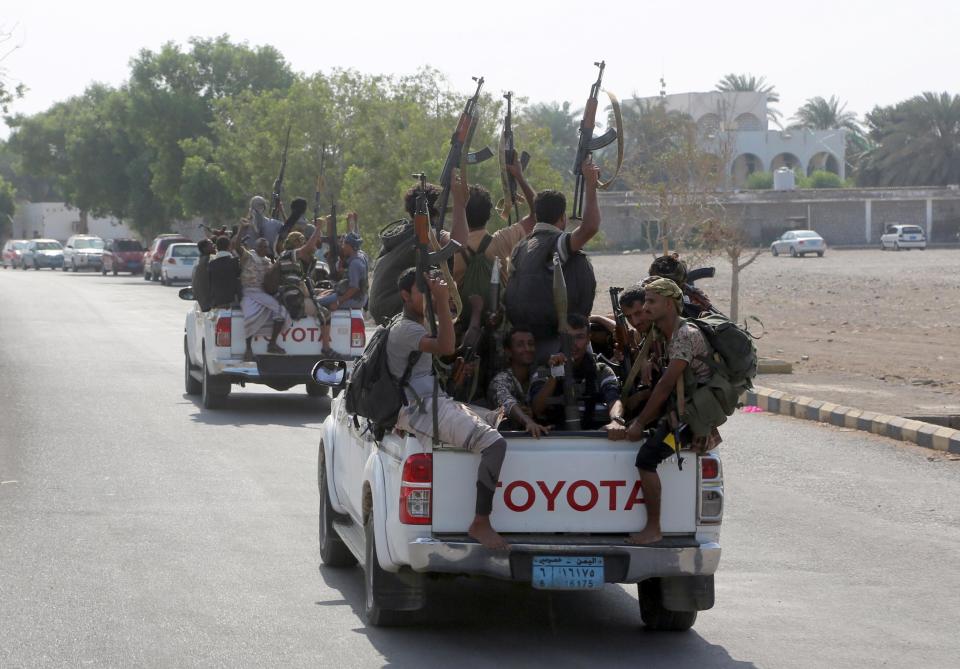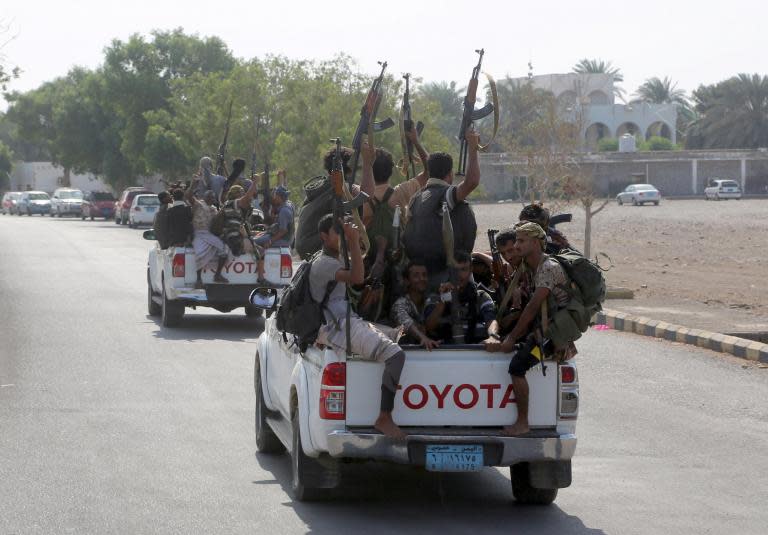Yemen political parties to agree prisoner swap terms ‘within days’ as UK pledges millions to shore up peace deal
Yemen’s warring factions are set to agree a key prisoner swap within the next 10 days, local officials have said, as the UK government announced £2.5m of funding to bolster the United Nations peace process there.
The prisoner exchange was first tabled in talks in Sweden last month as part of confidence-boosting measures to push forward UN-led talks between the Houthi rebels and the Gulf-backed recognised government which had ground to a halt.
The UN hopes the exchange will pave the way for a concrete ceasefire deal in the strategic Red Sea city of Hodeidah, which should see both sides withdraw from the port and hand over control to local authorities and UN monitors.
On Wednesday Hadi Haig, head of the Yemen government delegation, said that he expected the final signing of the prisoner swap to take place “within 10 days” after talks last week in Jordan.
The International Committee of the Red Cross (ICRC), that is set to oversee logistics, added that it hoped to see “progress in the coming days” and urged the warring parties not to let the opportunity slip away.
In a statement the aid group said that it was planning for the swap by increasing staff numbers, arranging medical support and preparing two planes to carry detainees between rebel-held Sana’a and Sayoun, a town under the control of the government.
The UK, meanwhile, pledged millions of pounds to help shore up the plan, saying the additional funds will bolster the UN’s monitoring mission on the ground in Hodeidah and in the ports of Salif and Ras Isa, providing a lifeline for food and supplies.
Foreign secretary Jeremy Hunt said the British government had made the decision as the agreements hammered out in Stockholm were the “best chance of securing long term peace”.
“Yemen is the world’s worst humanitarian crisis. Up to 20 million Yemenis lack reliable access to food and over 400,000 children under the age of 5 suffer severe acute malnutrition. This is a man-made humanitarian catastrophe and it will have man-made solutions,” he said on Tuesday.
He added: “Last week’s Security Council vote and today’s announcement of an additional £2.5m UK funding are an instrumental part of that process, and we will continue to bolster the UN special envoy’s work where possible over the coming months.”
The money will also fund landmine removal, the Foreign Office said.
The UN has struggled to implement the withdrawal from Hodeidah as the warring parties disagree over who should control the city. A tense truce has largely held in the city but fighting has flared in other parts of the country.
Late on Wednesday Saudi Arabia coalition warplanes targeted a Houthi military training camp south of Sana’a, Saudi media reported. It is the latest airstrike on sites in the rebel-held capital following a Houthi drone attack on a government military parade earlier this month.
Fighting has ripped apart Yemen since 2014 when the Iran-backed Houthis swept control of the country, ousting the recognised president Abed Rabbo Mansour Hadi.
Saudi Arabia and its Gulf neighbours launched a bombing campaign to reinstate their ally Mr Hadi, but four years on the fighting has shown little sign of ending.
The conflict has sparked the world’s worst humanitarian crisis in terms of numbers, with over two-thirds of the population relying on aid to survive. The UN warned last year that more than 13 million people could die from starvation.

 Yahoo News
Yahoo News 

